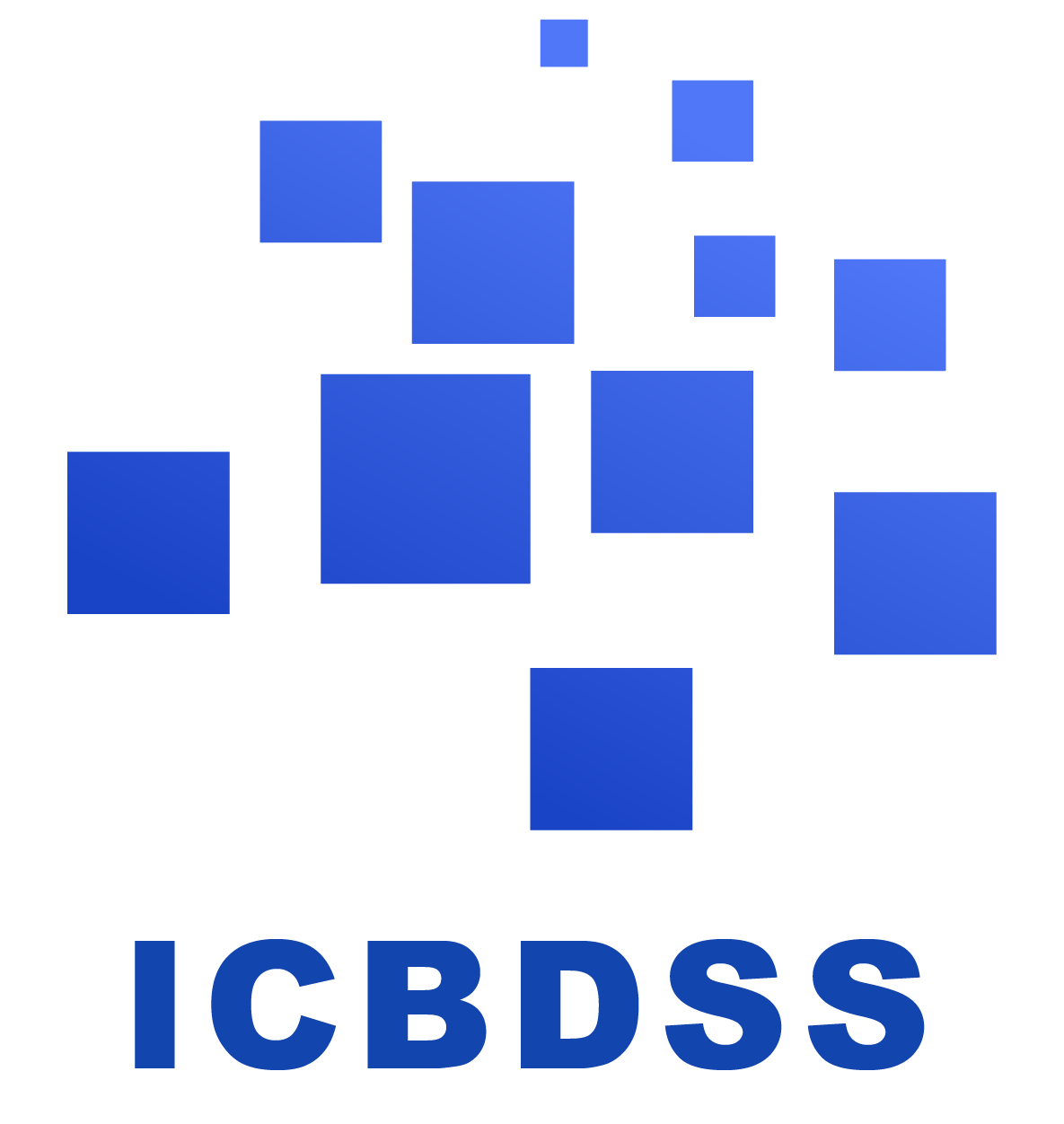

Speakers

A. Prof. Yuefeng Liu, Inner Mongolia University of Science & Technology, China
Research Area: Machine Learning and Deep Learning; Knowledge Graph; Big Data Analysis and Application
Title:Construction of Knowledge Graph for Discipline Inspection and Supervision based on Big Data and Application for Case Characterization and Discipline Measurement
Abstract:
In recent years, China has continued to promote the construction of intelligent discipline inspection and supervision, and discipline inspection and supervision organs at all levels have actively taken the initiative to promote the depth of integration of discipline inspection and supervision work, committed to using technology to improve the efficiency of discipline inspection organs. However, with the further strengthening of the work, the amount of case-related information data continues to surge, and the traditional way of storing information gradually becomes difficult to meet the needs of staff handling information. In response to the large amount of data notified in this area, the correlation is low, and the qualitative disciplinary and conviction sentencing work efficiency is low. Therefore, using the knowledge graph to collect guiding cases, constructing a knowledge graph of disciplinary supervision and mining the hidden relationships between cases in the knowledge graph for characterization and discipline measurement can effectively solve the above problems.
The specific work of this study is as follows.
(1) Construction of knowledge graph based on discipline inspection and supervision. First, a schema layer containing multiple types of entities and relationships through a bottom-up approach according to service requirements was constructed. The data of illegal cases were collected from the information exposure section of the Discipline Inspection Commission website. By removing stop words and irrelevant information, the data set of illegal cases was formed through BIO annotation. By comparing the accuracy of various deep learning models in the current named entity recognition task, the Bert-BiLSTM-CRF model was finally used to complete the entity extraction work. The obtained entities and semantic relations are formed into triples and stored in graph database Neo4J to realize the visualization of knowledge graph.
(2) Construction of bidding knowledge graph. The original data such as bidding data provided by the relevant departments of the Commission for Discipline Inspection and Supervision and the relevant data made public are filtered and cleaned, and a structured data table is created. The entities are linked through relationships such as relatives and company positions, and stored in the graph database to realize the function of using the bidding knowledge graph to deduce violations.
(3) Case characterization and discipline measurement method based on discipline inspection and supervision knowledge graph. The task of case characterization and discipline measurement is viewed as a similar case recommendation problem. We use text classification and entity recognition techniques to analyse the text of case descriptions, and dig out the key elements affecting the verdict, such as disciplinary subject, disciplinary performance and severity of circumstances, and match each of these key elements with the knowledge graph, create query statements based on the optimal solution of the matching, and recommend cases that are similar in terms of facts and jurisprudence.
The above methods realize the whole process from unstructured data to knowledge graph establishment and intelligent question answering using the graph, and provide technical reference for domain-type knowledge graph construction. At the same time, the knowledge graph combined with historical cases and other multi-source information provides support and help for disciplinary inspection staff to make scientific decisions.

A. Prof. Bo Xu , Northeastern University, China
Research Area: Big data mining and artificial intelligence; financial technology and quantitative investment; management information system design and development; Internet user behavior analysis; game theory and complex system simulation
Title: Extracting similar electronic medical records: A novel federated learning-based case-based reasoning framework
Abstract:
We propose a novel federated learning (FL)-based CBR framework for extracting similar electronic medical records (EMRs), named FL-CBR, which enables doctors to use clinical data from multiple isolated hospitals to support their decision making process while protecting patients' privacy. In the proposed framework, we present three important works: (a) We propose a method for EMR data pre-processing and feature similarity calculation; (b) We develop a global artificial neural network training algrithm using distributed EMR data under the FL framework (FL-ANN) to measure case similarity; (c) We develop a distributed sorting algorithm to retrieve similar cases from multiple hospitals. Also, we conduct an experimental study using the Medical Information Mark for Intensive Care dataset (MIMIC-III) to illustrate the feasibility and effectiveness of the framework. The experimental study demonstrates that the proposed FL-CBR decision support framework contributes to train a high-quality global case similarity measure model using clinical data from multiple hospitals and helps doctors to make complex clinical decisions with similar historical cases in a privacy-preserving manner.
